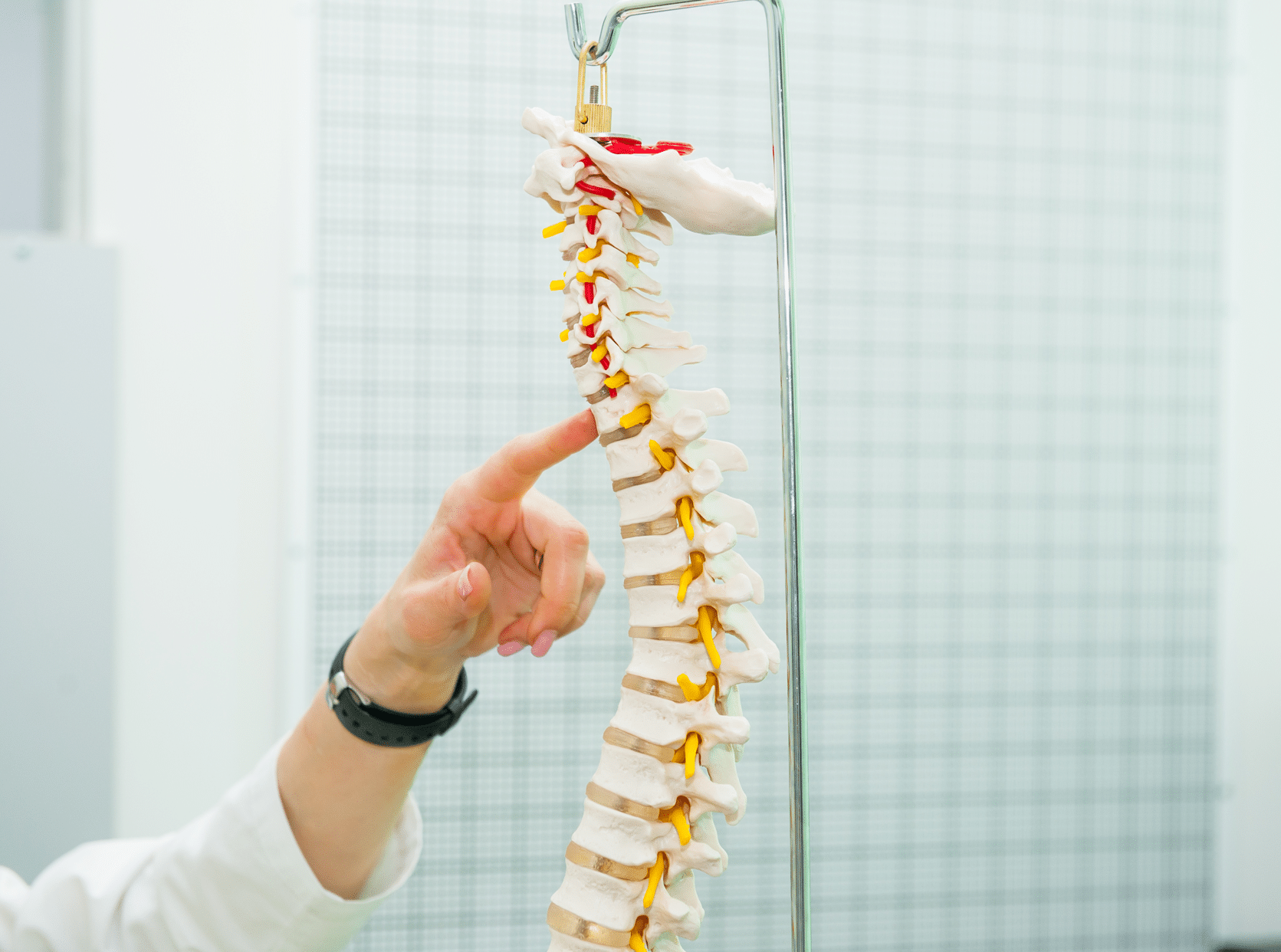Besides injuries, loss of earnings is perhaps the single most common type of loss that people suffer as a result of an accident. All kinds of injury can force you to take time off work whilst you recover from them. This means loss of earnings is a very common loss to include as part of a personal injury claim.
In most cases, loss of earnings claims are relatively small. When only a short period of time has been spent away from work, the amount of income lost is unlikely to be high. On occasions, however, a loss of earnings claim can be much more significant. In the most serious cases, your claim may not just be for losses that you have already incurred, but for losses which are ongoing, and which you will continue to suffer in the future as well.
Regardless of the size of your claim, it is important to consider how you can work out, and prove, your losses from the outset.
Net earnings and gross earnings
It is important to remember that a claim for lost earnings will be for your lost ‘take-home’ pay only. This is the amount you would receive normally, after any tax and National Insurance etc, has been deducted. This is referred to as your ‘net earnings’.
Your income with all of those normal deductions still included is your ‘gross earnings’. You can only claim lost net earnings as part of a compensation claim. This is because, even if the accident hadn’t happened, your income would have been reduced by the normal deductions. If you were to receive compensation based on your gross earnings, you would be effectively making a profit from your inability to work.
Any other deductions from your salary, such as pension contributions or similar, will also have to be stripped out from your loss of earnings claim, but it could be that you can claim such losses anyway as a separate head of loss.
Receiving sick pay
It would be unusual for someone to receive no pay at all whilst they are off work. This means it is very rare for a calculation to be as simple as working out how much you are paid per day, and then multiplying it by the number of days you were away from work!
As a bare minimum, you would ordinarily expect to receive Statutory Sick Pay (SSP assuming certain conditions are met), and your employer may also pay extra money as part of your terms and conditions of work. You may receive state benefits during your absence, or receive a tax refund because you had already paid too much tax for the year before your accident. Depending on precisely what you have been paid, and whether you are actually claiming against your employer in the claim (for example, following an accident at work), these payments may have to be knocked off your loss of earnings calculation.
Other income you have lost
Claiming for a loss of earnings may not just involve claiming a shortfall in your salary. If you have missed out on other income – such as bonus payments, the chance of regular overtime, or some other opportunity to top up your usual earnings – this can usually be recovered on top of your standard pay as well. Similarly, payments you get for a pension, or under a separate policy of insurance, should not usually be knocked off your claim.
Calculating your loss of earnings
As you can see, working out precisely how much you have actually lost can be a challenging process, even when you have already gone back to work. It is therefore important to start working out how you can gather the evidence to show your losses as quickly as possible.
For straightforward claims, it will usually be enough to use copies of your payslips to support your claim. This can be done by using payslips for the three months (or 13 weeks) before the accident to show what you were earning, and then to contrast this with what you actually received.
The more complex the claim, the more evidence you will need. If you have lost out on the chance of overtime, for example, it may be a good idea to try to get hold of copy payslips from a co-worker, who is on the same paygrade as you, to try to work out how much you may have lost.
Self-employed loss of earnings claims
Some loss of earnings claims are more complex than simply producing copies of payslips. For the self-employed, contractors with variable hours and incomes, and people with erratic employment histories, piecing things together can be a complicated procedure.
If you are trying to build a loss of earnings claim in these circumstances, the most important thing to do, from a practical point of view, is to keep a careful record of precisely which days you are unable to work, and also to keep hold of as many of your financial records as possible.
Future loss of earnings claims
In some instances you may be off work for a considerable period, and may not have returned to work by the time your claim is concluded. In such instances, we have to try to predict what your future losses are likely to be.
The starting point will be your medical evidence, which should give you a prognosis for your future recovery, and the likely date of your return to work. If no return to work is possible, it will be necessary instead to work out when you would have been likely to retire. Once the period of absence is calculated, we can then work out what your total loss would likely have been – if the accident had never happened and if you had remained working at the same salary. In periods of prolonged absence, we may also need to make allowances for possible promotions.
Practical ways to help with a successful loss of earnings claim
Taking these practical steps at the start can help with calculating and supporting your loss of earnings claim. The most accurately calculated and well-evidenced loss of earnings claims stand the best chances of success:
- Keep any payslips (or similar financial records) you receive during your period of absence. This helps us to work out what your actual earnings were during the time you were off.
- Dig out payslips or other documents to show what your earnings were for at least 13 weeks before the accident, so we can make a proper assessment of your usual pre-accident earnings.
- Keep as accurate a record as possible of your period of absence from work. Make sure that you note down any half-days, any attempted returns to work which don’t go according to plan, and any pre-booked holidays (or similar time away) which you miss out on as a result of your absence.
- If you missed out on overtime, think about how we may be able to show how much you missed out on, and how much that overtime may have been worth to you. Is there a co-worker on the same paygrade who was able to do the overtime that you could not take? If so, are they willing to give evidence as to your possible losses?
- Keep a record of any additional payments you receive during your period of absence, and make sure that you keep all documents relating to these. As explained above, some payments (such as private insurance) are unlikely to have any impact on your claim, but others (state benefits or similar) would potentially be deductible from any award. We need to know about any such payments so we can properly advise you on what your claim may be worth!
- For periods of prolonged absence, think about whether you have missed out on promotion or other opportunities for career advancement as a result of your absence. Was there a clear career path for you to follow, or would promotion have been less certain? What sort of evidence can you put together to show the likelihood of such promotion or the sort of difference this would have made to your earnings potential?
- Have you had to adjust your duties at work as a result of any ongoing injuries? If so, what impact has this had on your current pay, and what effect might it have on your long-term prospects?
For an example of how a loss of earnings claim may be calculated and presented, have a look at a sample Schedule of Loss in our Legal Library.
Remember, it is our duty as personal injury lawyers to ensure that your claim is properly pleaded and that you receive all of the compensation that you are entitled to. If you have a claim ongoing with another firm of solicitors, are you satisfied they are meeting these duties? If not, remember you are entitled to switch solicitors if you wish, and transfer your case to Truth Legal.
We are happy to advise on any aspect of a claim for loss of earnings. If in doubt at any stage, please do not hesitate to contact us.
Further Reading
From one of the UK’s most read legal blogs.










